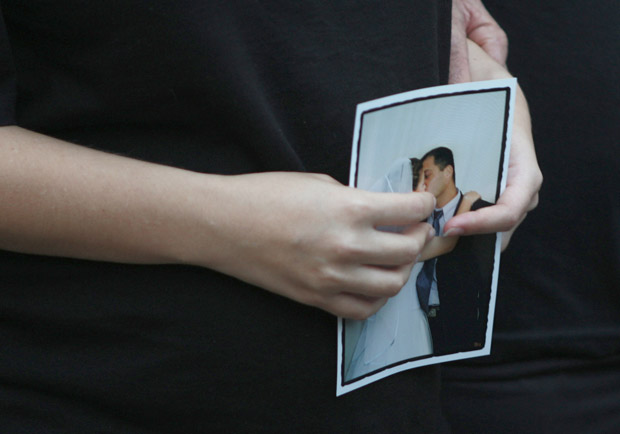Hundreds of Israeli evangelical couples have traveled out of the country in order to get married because the Jewish government does not officially recognize their faith. Church leaders are escalating efforts to change that.
The Council of Evangelical Churches in Israel (CECI), which includes 51 churches and organizations such as Campus Crusade and the Bible Society, formally requested in August 2011 that Israel recognize four denominations on behalf of nearly 5,000 followers. More than a year later, Prime Minister Benjamin Netanyahu—who must approve the request—has yet to respond, says Michael Decker, chief counsel for the Jerusalem Institute of Justice (JIJ).
"Not being recognized leads to practical problems," said Botrus Mansour, director of Nazareth Baptist School, regarding marriage, divorce, and education matters. "We hope a lawsuit will [help]."
But recent events suggest the government may now be more favorable to such recognition. In July, the Interior Ministry reversed a 2009 decision that had denied Israeli citizenship to a Holocaust survivor because of her Messianic Jewish beliefs. In August, the Knesset broadened a property tax exemption for synagogues to include all places of worship, including those of Messianic Jews. Both were responses to JIJ lawsuits.
Media coverage of these victories raised the public profile of JIJ and the cause of religious equality. "That's what changes public opinion," Decker said. "That's what changes politicians as well."
Israel has recognized several Catholic and Orthodox branches of Christianity since 1948. The Evangelical Episcopal Church in Israel successfully petitioned for recognition in 1970. But about 31,000 of Israel's 6.5 million inhabitants are members of unrecognized evangelical denominations, according to Operation World. The evangelical population is growing by 5.6 percent a year—three times Israel's overall growth rate.
"We're dealing with a basic civil right," said Decker. "It really is degrading for large groups of people that have a religion and want to get married according to their religion."
The petition from CECI, composed primarily of Arab evangelicals, seeks recognition for Baptist, Assemblies of God, Church of the Nazarene, and Christian Brethren Israeli congregations. The Evangelical Alliance in Israel, comprising expatriate churches and ministries, has separately applied for recognition.
Decker is preparing a lawsuit on behalf of CECI, but hopes political pressure from the United States will lead Netanyahu to recognize evangelicals without one, since the final decision would still rest with the prime minister's office.










